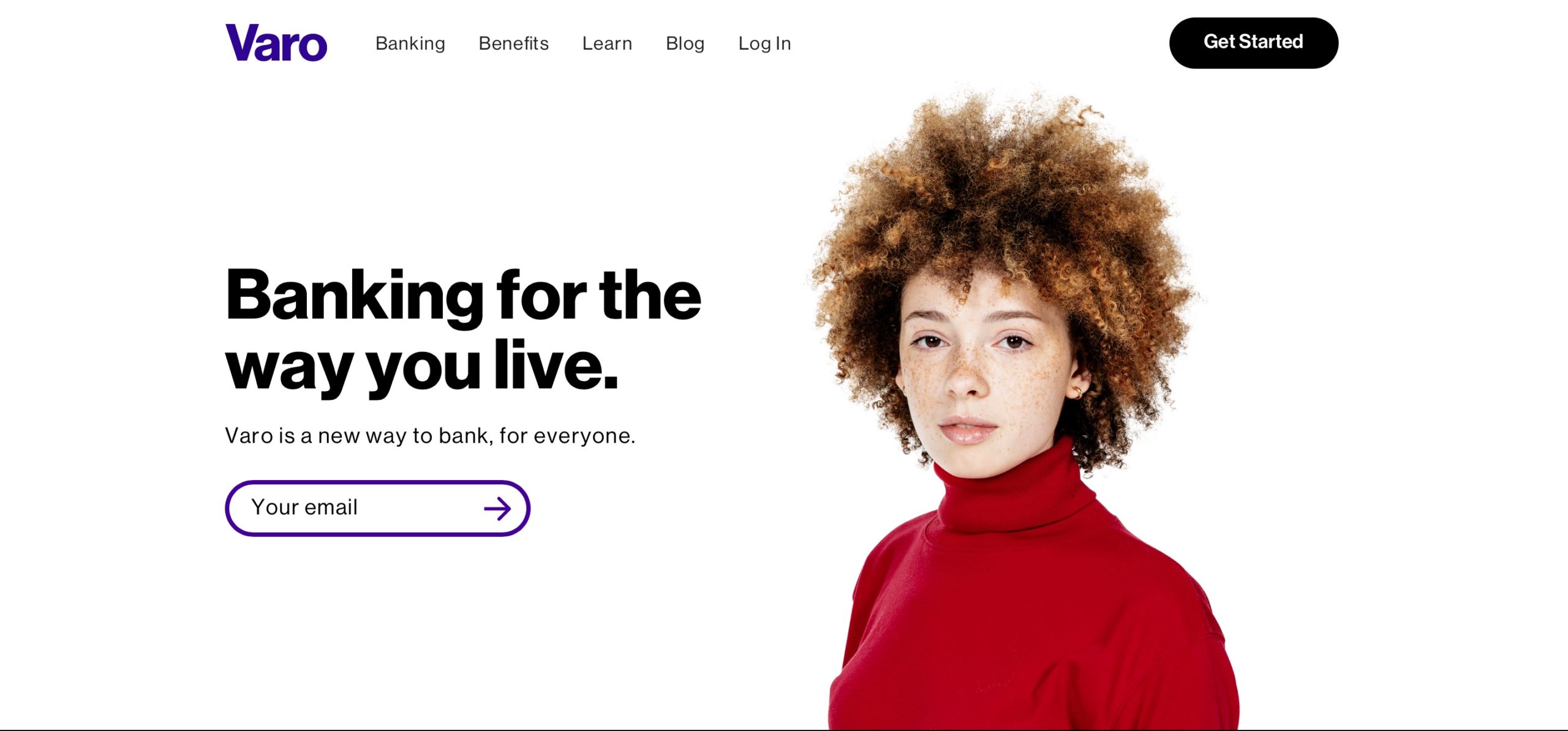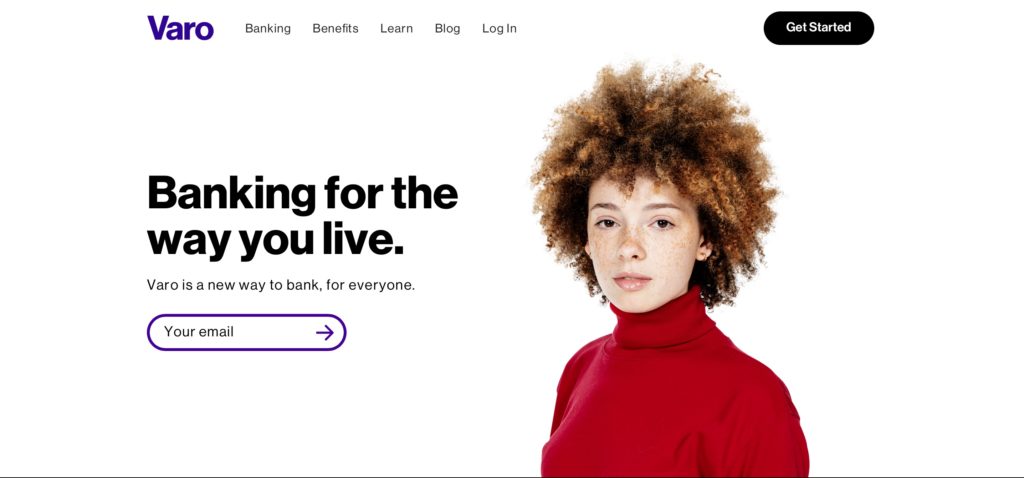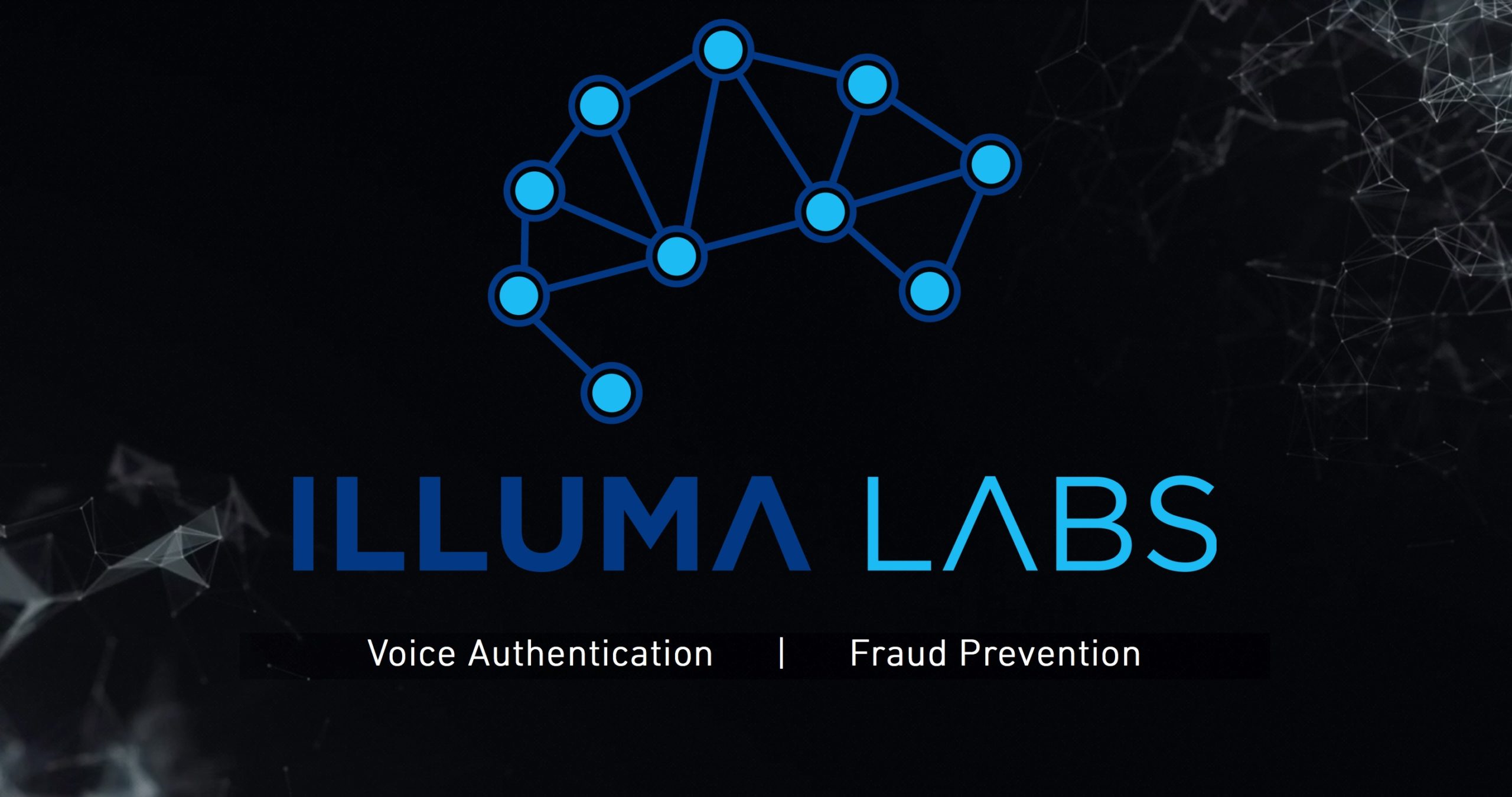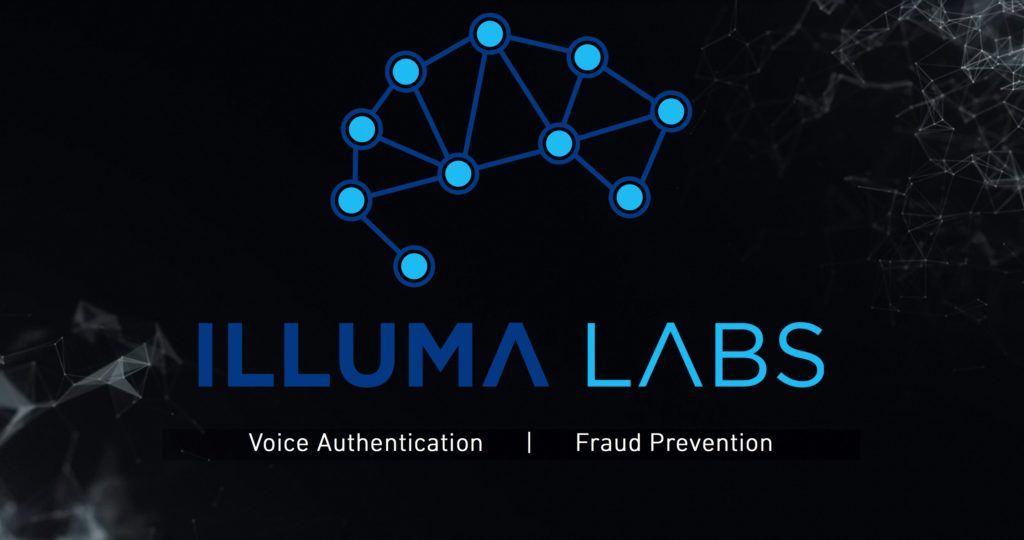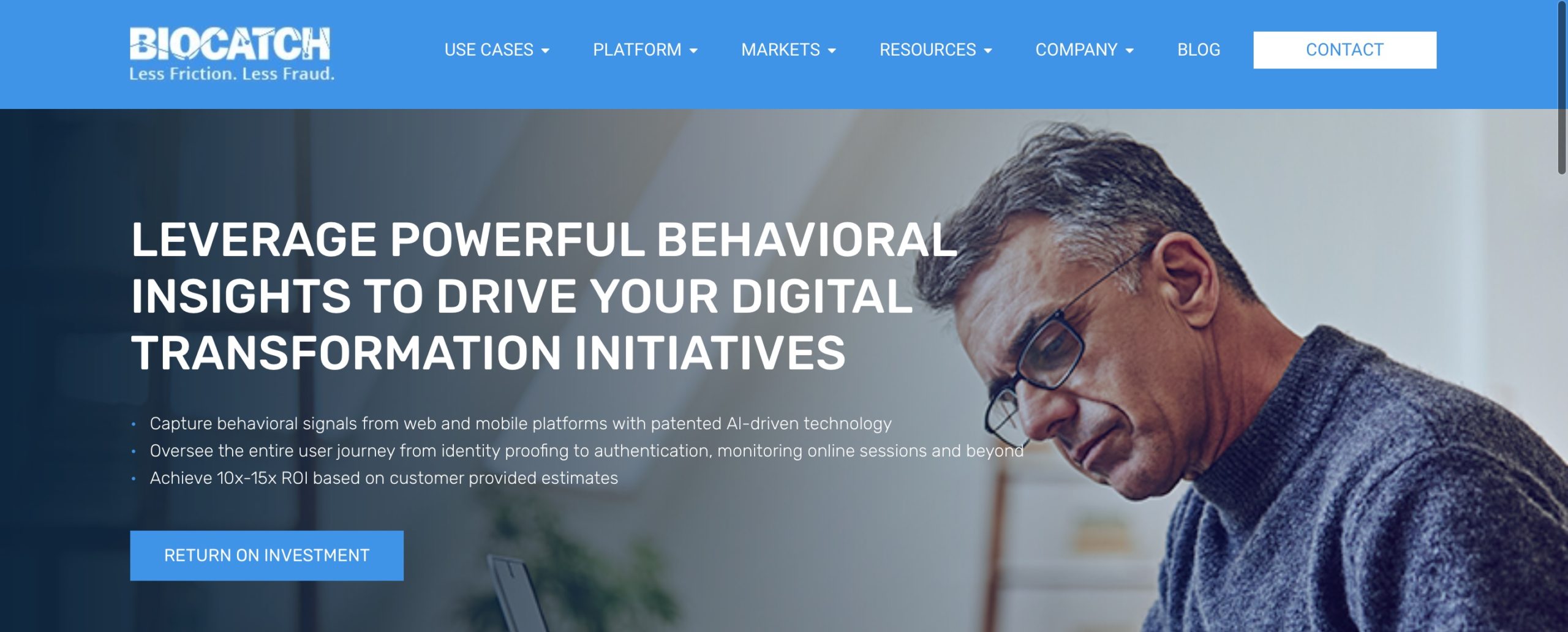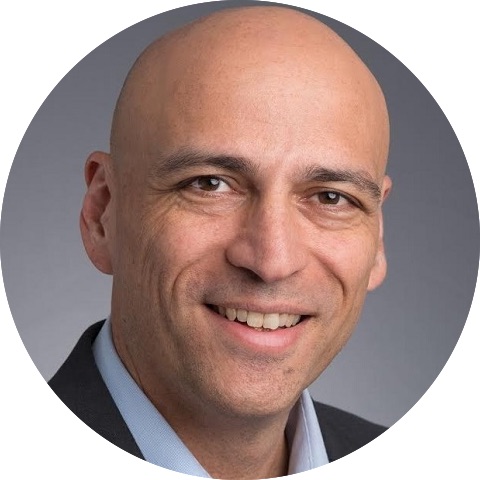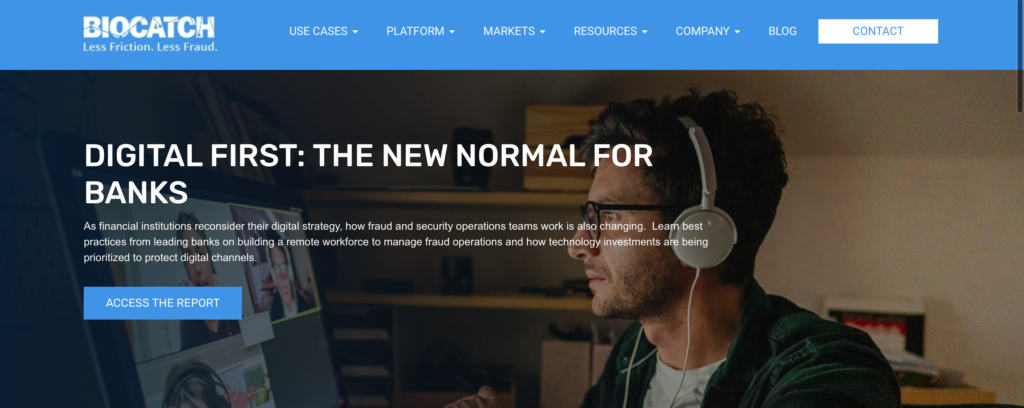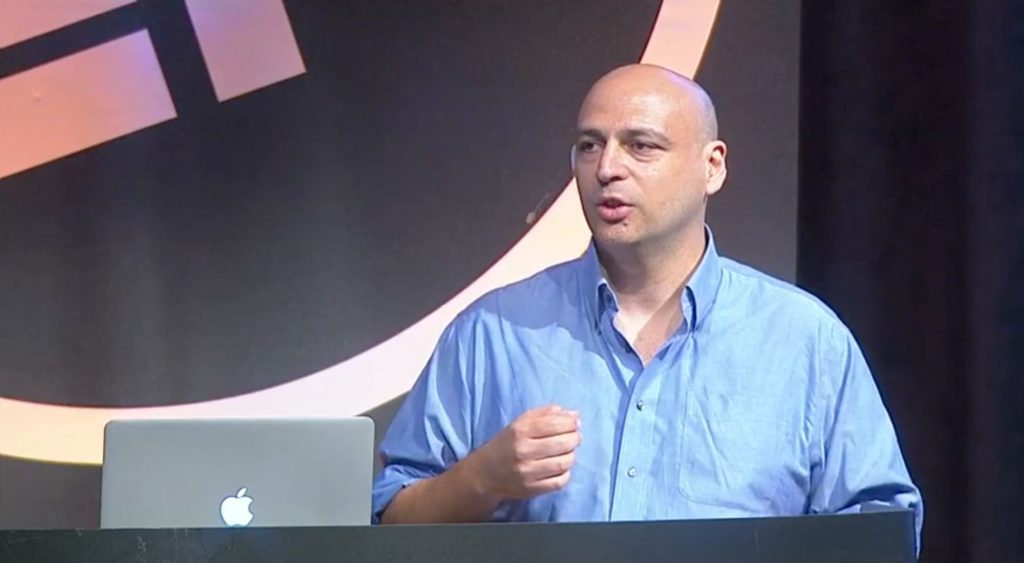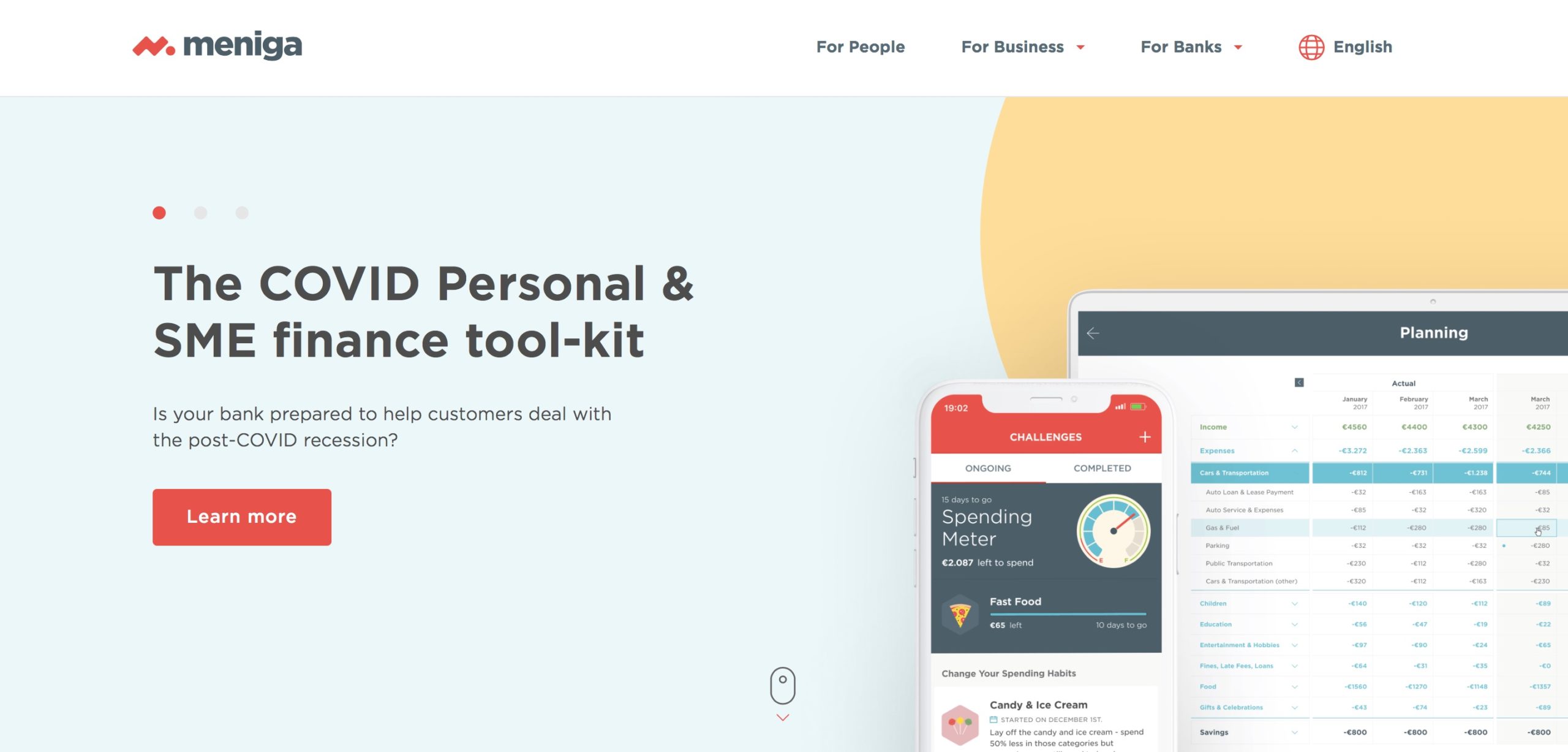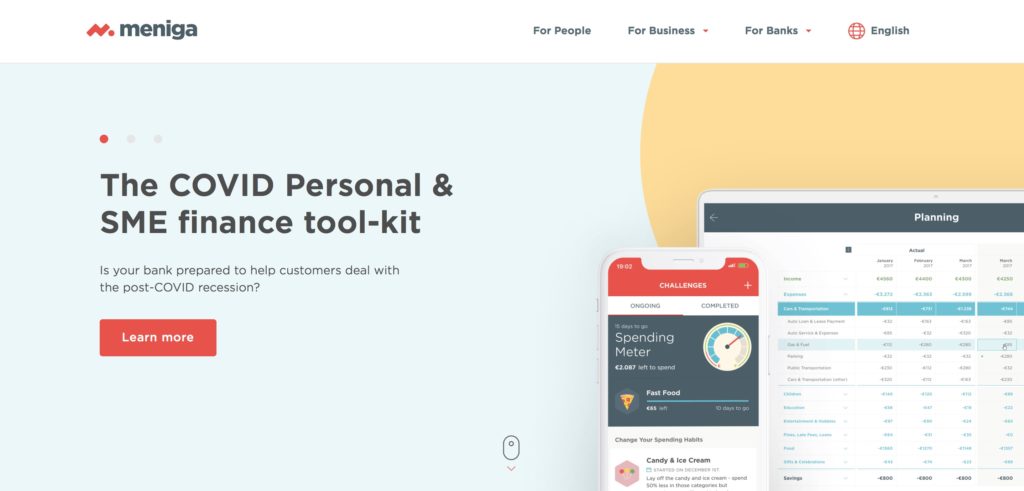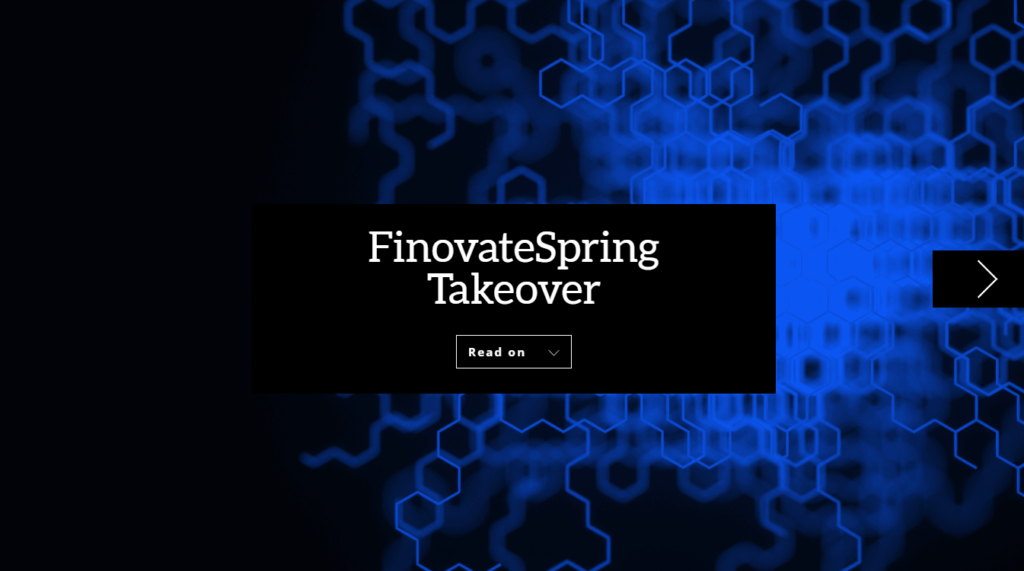
Digital identity technology plays an increasingly large role in financial services, and the current global public health crisis has accelerated this trend.

We spoke with Dean Nicolls, VP of Marketing for Jumio, to learn what the digital identity innovator is doing to help banks and other enterprises leverage this technology for their businesses. We also take a look at how the technology has been deployed to help deal with with coronavirus pandemic.
Finovate: Jumio announced that it is providing free identity verification services for organizations involved in COVID-19 relief. Which organizations qualify and why is Jumio launching this effort?
Dean Nicolls: Jumio launched Jumio Go for Good in March 2020 to help organizations involved in relief and assistance during this global health crisis quickly and accurately identity proof their patients, students and workers to ensure critical services can be delivered and trusted. Powered by AI, Jumio Go provides enterprises with a real-time, secure and reliable way to verify remote users, ensuring the person enrolling or logging in is who they claim to be online.
Jumio Go is becoming increasingly important in helping organizations across a wide range of industries reliably onboard and serve a number of important use cases (e.g., new account onboarding, fraud detection, AML/KYC compliance), where verification speed is critical. With Jumio Go, identity verification decisions are rendered in seconds, not minutes or hours, which translates to significantly higher conversions, lower fraud rates, and improved customer satisfaction.
Through September 30, 2020, Jumio will provide free identity verification services via its AI-powered, fully automated solution, Jumio Go, to any qualifying organization directly involved in helping with COVID-19 relief including (but not limited to): healthcare, online learning, and the general population.
Finovate: What services are included in this offering?
Nicolls: Jumio Go For Good is powered by Jumio Go, the only fully automated digital identity verification solution on the market capable of defending against bots, advanced spoofing attacks and sophisticated deepfakes, which are often leveraged for fraud.
By leveraging AI, Jumio Go works to prohibit bad actors from fabricating online accounts. As deepfakes, bots, and sophisticated spoofing attacks continue to rise, Jumio has integrated certified liveness detection to detect when photos, videos or even realistic 3D masks are used instead of actual selfies to create online accounts. Additionally, Jumio Go provides organizations with a real-time, secure, and reliable way to authenticate remote users, ensuring the person enrolling into a new service is who they claim to be in the real world.

Finovate: Identity verification has become an issue for small businesses seeking COVID-19 relief-related funding. What is the specific problem these businesses are facing and how can digital identity verification solutions help?
Nicolls: Small businesses across America are feeling the financial stress from shelter-in-place restrictions that have millions of people taking refuge from the outbreak by staying at home and working remotely. Recent changes have brought about a new question for the financial industry: how can lenders properly evaluate small businesses when they can’t physically walk into their office? For reference, SBA lenders are those who work with the Small Business Administration and provide financial assistance to small businesses through government-backed loans. The implementation of online identity verification solutions helps SBA lenders vet small business owners to ensure they follow compliance mandates (KYC/AML) by verifying their digital identities. Instead of requiring small-business owners to visit a local branch office, they can verify their online identity from the safety of their home, allowing lenders to effectively manage the influx of requests, and small-business owners the peace of mind knowing they’re being supported at this time.
In the future, identity verification solutions will become crucial for SBA lenders to establish trust remotely with an increasing number of remote users who simply do not want to visit a branch office. Jumio Go verifies government-issued IDs and ensures that the individual in the selfie matches the picture on the ID. A biometric-based approach to authentication helps expedite onboarding while also deterring fraud by as much as 90%.
As the number of SBA lenders continues to increase, online identity verification will rapidly become a vital competitive advantage in terms of quickly distributing capital to small-business owners and nonprofits on the front lines, while also preventing cyberattacks.
Finovate: What are the key technologies behind identity verification solutions such as those offered by Jumio? AI? Advanced machine learning? What capabilities do these technologies enable that would not be possible otherwise?
Nicolls: Jumio launched Jumio Go, the company’s first real-time, fully automated identity verification solution, in November 2019. It is designed to remove friction from the user onboarding process, while preventing online identity fraud and meeting AML and KYC compliance mandates. Jumio leverages the power of informed AI and equips modern enterprises with instant online identity verification that delivers a simple and intuitive experience for good customers.
There are three critical ingredients to informed AI:
- Data Breadth: Jumio has verified 250 million digital identities to date. This gives Jumio a big leg-up in developing smarter algorithms. Not only is the data set very large, but it’s also very deep. Jumio’s database has seen large volumes of each one of the more than 3,500 ID document types/subtypes from more than 200 countries and territories.
- Ground Truth: Jumio has leveraged supervised AI from the very beginning. This means Jumio employs identity verification experts who tag every identity verification based on an analysis of the security features and physical characteristics of an ID and selfie. These verification experts have spent thousands of hours reviewing and verifying government-issued IDs from all over the world which helps train our algorithms and make them iteratively smarter.
- Production Data: Jumio’s AI algorithms are trained on real-world production data, not purchased data sets. Jumio AI models are trained on images of ID documents and selfies where the images may be blurry, dimly lit, or have excessive glare which means our models are more robust and scalable than models trained on perfectly captured photos. This also helps us avoid bias since the data has been tagged by trained verification experts.
Finovate: Where is adoption of identity verification technology most robust? Are there industries where the technology would be especially valuable, but adoption rates have been slower than expected? If so, which industries and what challenges to adoption are they facing?
Nicolls: Traditional banks have been surprisingly slow to adopt online identity verification and take digital transformation seriously. When you’re talking about traditional banks, there are numerous divisions including retail banking, private banking (for high net worth individuals), business banking and brokerage accounts. While all banks need to comply with KYC/AML checks when new accounts are created and have defined customer identification programs (CIP) in place, the methods they employ to establish a consumer’s digital identity are varied. Many traditional banks leverage non-documentary approaches to corroborate identity and this often involves pinging third-party databases or credit bureaus based on self-reported information from the consumer (e.g., name, address and date of birth).
Unfortunately, these methods are not overly reliable. In fact, Gartner recommends that identity proofing solutions that rely on shared secret verification, such as out-of-wallet knowledge questions, or memorable personal data, be phased out. The concept of high-memorability, low-availability data has become archaic since the rise of social media and the subsequent plethora of breached data available through underground organizations. By requiring a picture of a government-issued ID, and pairing it with a corroborating selfie (which should include an element of liveness detection), banks can have much higher levels of identity assurance than traditional approaches and can deter as much as 90% of attempted fraud.
Finovate: Lastly, are there any upcoming announcements or initiatives coming in the next few weeks that we should be looking out for?
Nicolls: Jumio is launching a new suite of address services that can be used to validate and corroborate addresses with independent, third-party sources. Historically, Jumio has only relied on the ID document itself and a corroborating selfie as the fraud signals. Jumio Address Services actually consist of two distinct services:
- Jumio Address Validation: Determines if the address extracted from a government-issued ID (e.g., passport, driver’s license, ID card) exists in the real world.
- Jumio Proof of Residence: Checks to see if the person being verified actually lives at the physical address extracted from their ID document. In the U.S., if the user moved, we would return whether the address provided matches the most recent address on file.
With these new add-on features, customers can use this data as additional fraud signals that help enterprises know if the person creating a new account is in fact who they claim to be. These services will be sold with our current identity verification solutions to provide a more holistic picture of an online user.
Founded in 2010 and headquartered in Palo Alto, California, Jumio has been a Finovate alum since its debut at FinovateFall in 2013. In the company’s most recent appearance on the Finovate stage at FinovateAsia in 2018, Jumio demonstrated how its Netverify Identity Verification solution used liveness detection to prove an individual’s physical “presence” at the moment of the transaction.

